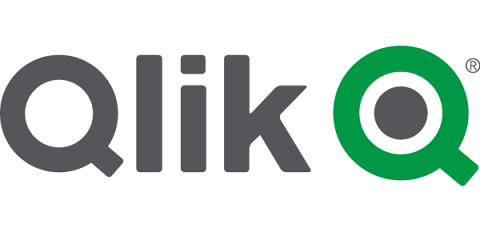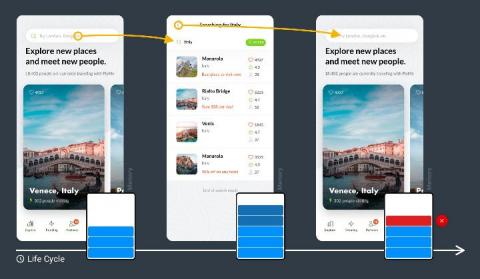Systems | Development | Analytics | API | Testing
%term
Introducing Insomnia Designer: An Open Source Collaborative Editor for API Design
Today, we’re thrilled to announce the release of a major expansion to the Insomnia family of open source developer tools — Insomnia Designer! Providing a collaborative environment for editing GraphQL and REST APIs, Insomnia Designer allows developer teams to more easily embrace spec-first approaches to software design.
Why Rubyists Should Consider Learning Go
These days fewer and fewer web developers get to specialize in a single language like Ruby. We use different tools for different jobs. In this article, Ayooluwa Isaiah argues that Go is the perfect complement to Ruby. The developer who knows both is in a great position to handle almost any back-end challenge.
Remote Culture Tips From a Distributed Team
We're all remote workers today. There has been a ton of amazing information published by some of the leading remote companies about how to work remotely, but we haven't seen much that talks about what kind of company culture is necessary for remote work to thrive. Having done this for 8 years, I can confidently say the 'soft stuff' is as important as tooling and process. To that end, I asked our team (over Slack, naturally) to share their tips on how to thrive as a remote worker.
Your Next Decision Could Change Lives: Why We Need Data Skills and Analytics
The year was 1993. The place, a little town in Sweden. A serial killer was on the loose. He randomly shot at people standing at bus stops or sitting in their cars, killing one and wounding many others. The residents of Malmö lived in fear. Window blinds were shut, playgrounds were deserted. The police didn’t know where to start.
Kong Turns Five!
Today – April 28, 2020 – Kong celebrates its fifth anniversary since it was first open sourced by Mashape in 2015, starting a new era in the API landscape. This is how the Kong logo changed over the years.
What Are Good Traits That Make A Great API Product Managers
As more companies realize the benefits of an API-first mindset and treating their APIs as products, there is a growing need for good API product management practices to make a company’s API strategy a reality. However, API product management is a relatively new field with little established knowledge on what is API product management and what a PM should be doing to ensure their API platform is successful.
Elixir Package 1.13: Phoenix LiveView Helpers and Updated Typespecs
With a special thanks to Aleksandar and Unai, we’re happy to announce AppSignal for Elixir 1.13.0, which includes our all-new LiveView instrumentation helpers and updated typespecs. If you’re not an AppSignal user yet, make sure to check out the product tour and see how errors, performance, host metrics and triggers all come together in one tool.
Configuring your Elixir Application at Runtime with Vapor
Configuration has long been a hot topic in the Elixir community, and luckily, in the recent months, there has been a great deal of thoughtful work put into making this problem an easier one to solve. Today, we’re going to show you how to migrate from an Elixir application that has been configured with the widely used config/*.exs files at compile-time, to an application that instead uses environment variables for configuration and is configured at runtime.
Android memory leak
OutOfMemoryException is a common and frustrating bug, and one of the prime causes of unexpected app shutdown. “Why is this happening now, if the app was working perfectly yesterday?” It’s a question which perplexes both rookie and advanced Android developers the world over. There are a variety of potential causes of OutOfMemory Exceptions, but one of the most common is the memory leak — the allocation of memory in the app which is never released.











